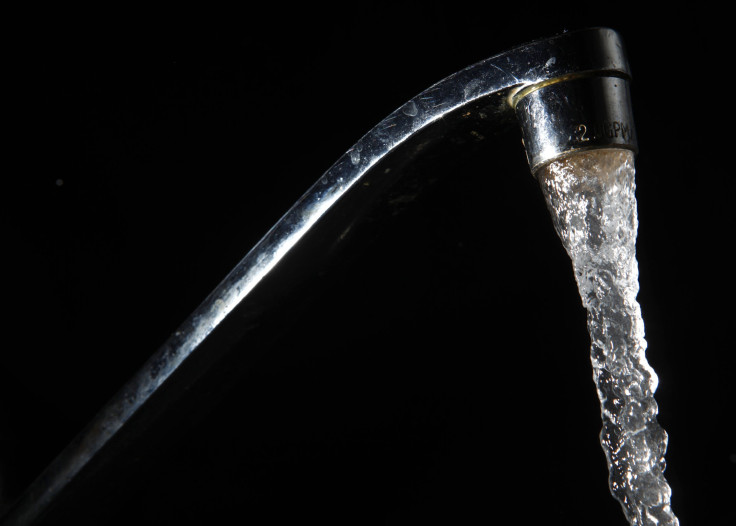Tap Water Pesticide Associated With Food Allergies

A study has found that pesticides in tap water might partially explain the rise of food allergies in the U.S.
Researchers have found that dichlorophenols, chemical used in pesticides and to chlorinate water, are associated with allergies in the human body.
Between 1997 and 2007, there has been an increase of nearly 18 percent in the cases of food allergies, according to the Centers for Disease Control and Prevention.
"Our research shows that high levels of dichlorophenol-containing pesticides can possibly weaken food tolerance in some people, causing food allergy. This chemical is commonly found in pesticides used by farmers and consumer insect and weed control products, as well as tap water," said allergist Elina Jerschow, American College of Allergy, Asthma and Immunology (ACAAI) fellow and lead study author.
The study involved more than 10,000 participants from the US National Health and Nutrition Examination Survey 2005-2006. In this study group, 2,348 had dichlorophenols measured in their urine; of these 2,211 were included in the present analysis. Environmental allergy was found in 1,016 people while 411 had food allergies.
"Previous studies have shown that both food allergies and environmental pollution are increasing in the United States. The results of our study suggest these two trends might be linked, and that increased use of pesticides and other chemicals is associated with a higher prevalence of food allergies," said Dr. Jerschow.
Researchers say that using bottled water instead of tap water may not reduce the risk of allergies as the chemical can also be found in fruits and vegetables.
"Other dichlorophenol sources, such as pesticide-treated fruits and vegetables, may play a greater role in causing food allergy," said Dr. Jerschow.
The ACAAI advises everyone with a known food allergy to always carry two doses of allergist prescribed epinephrine. A delay in using epinephrine can cause death.
The study is published in the Annals of Allergy, Asthma and Immunology.



























